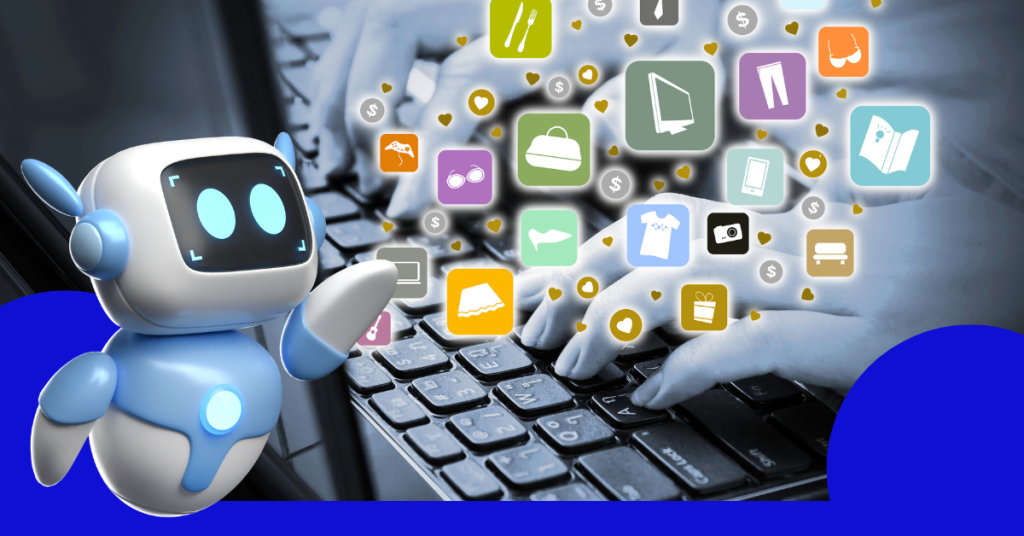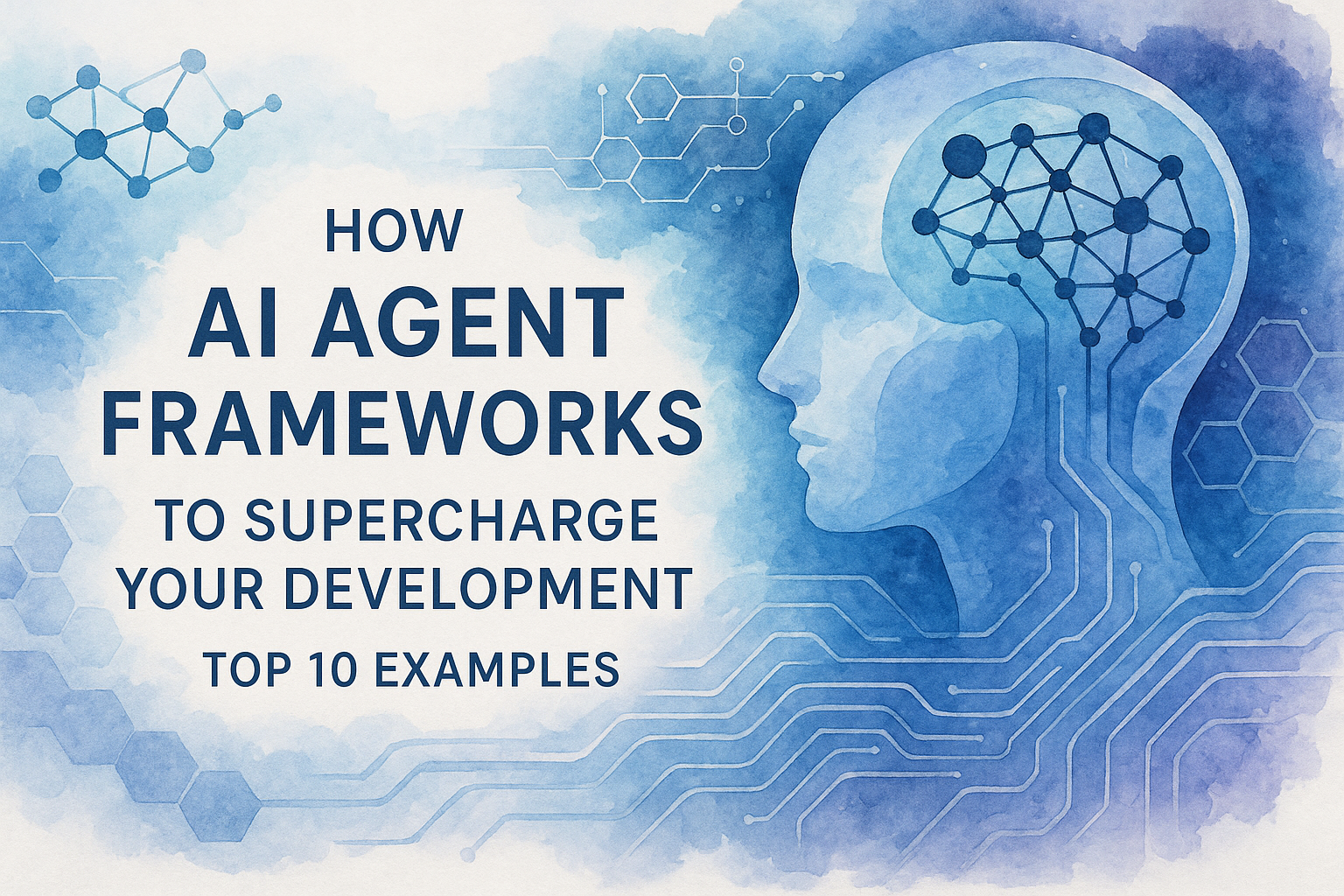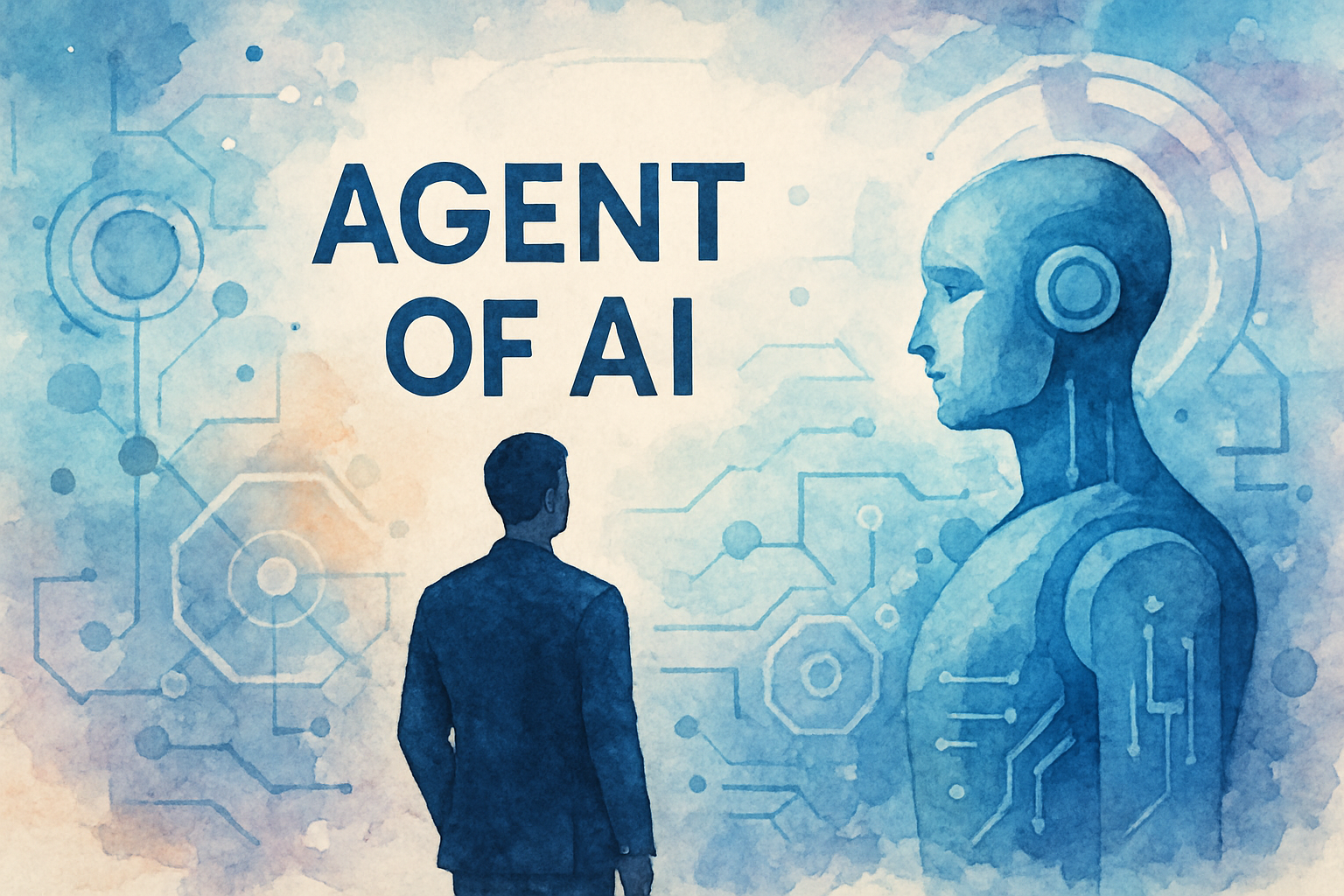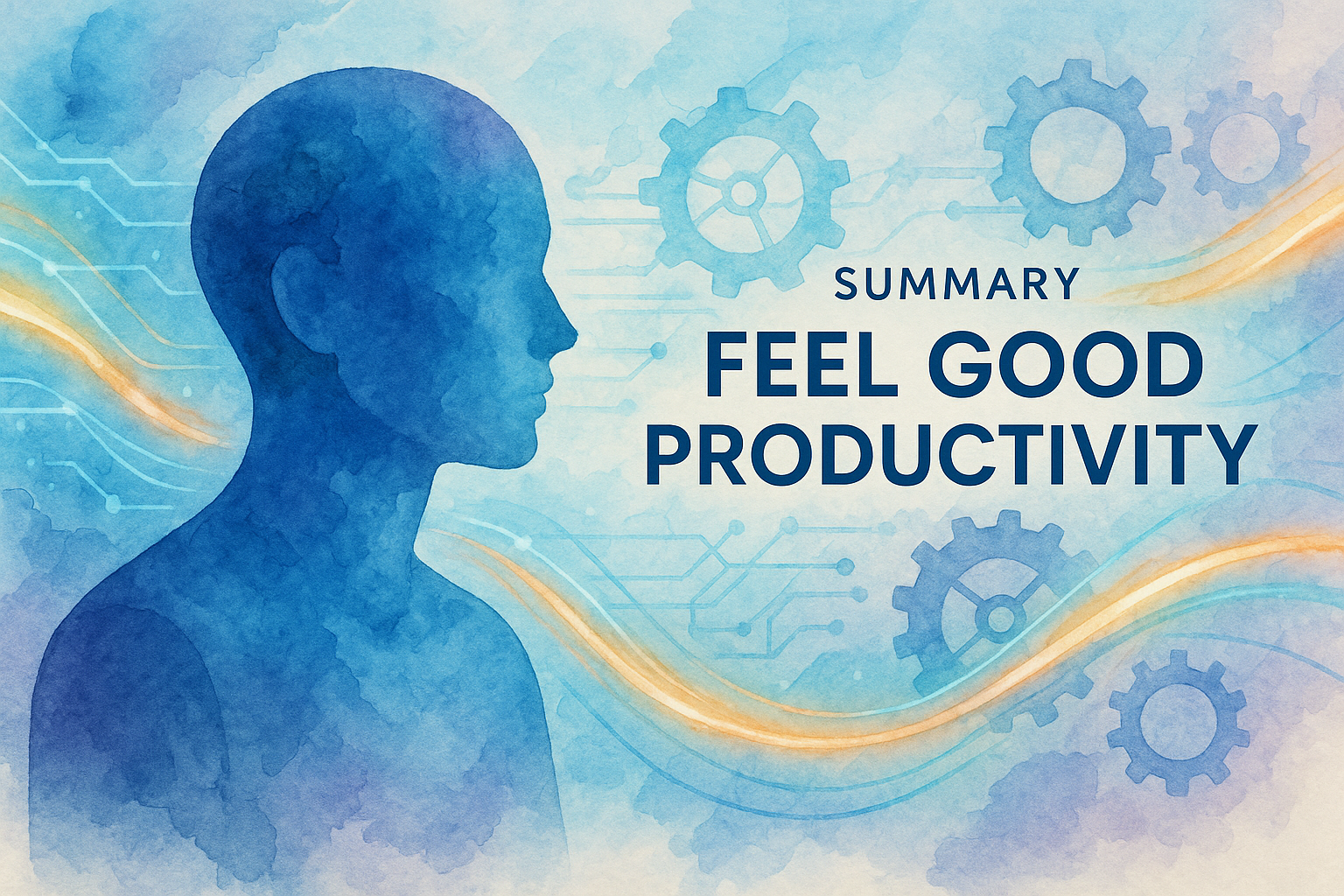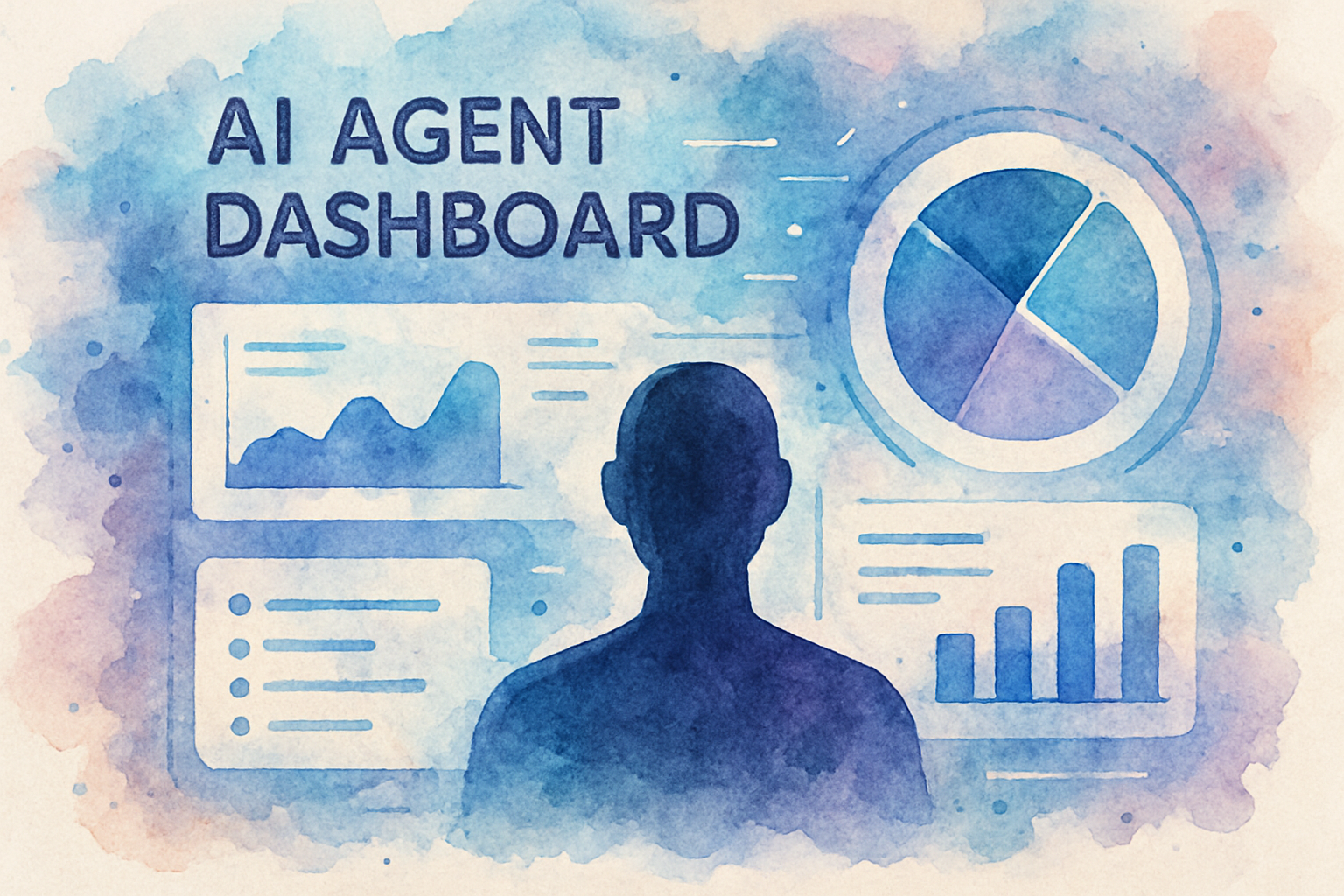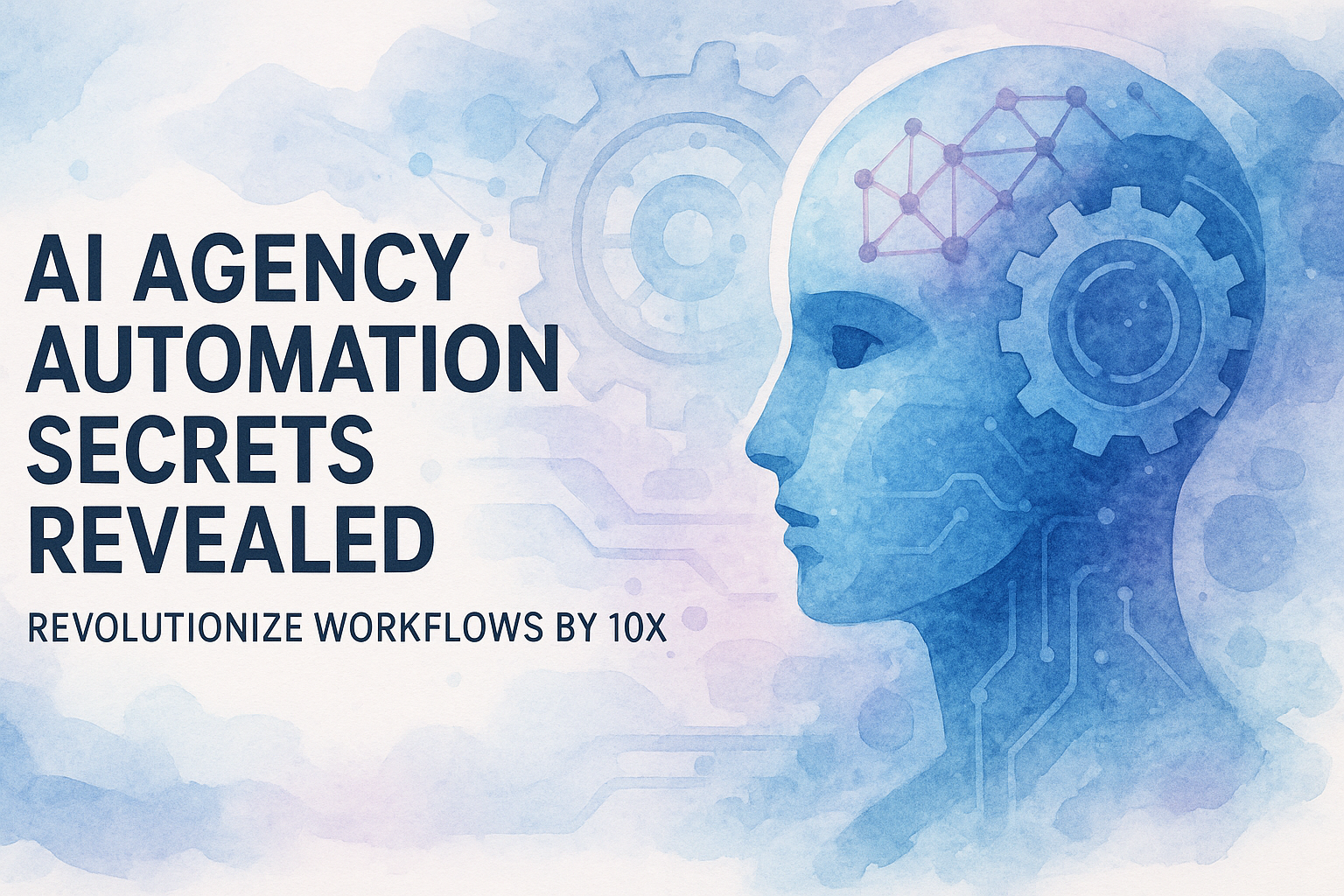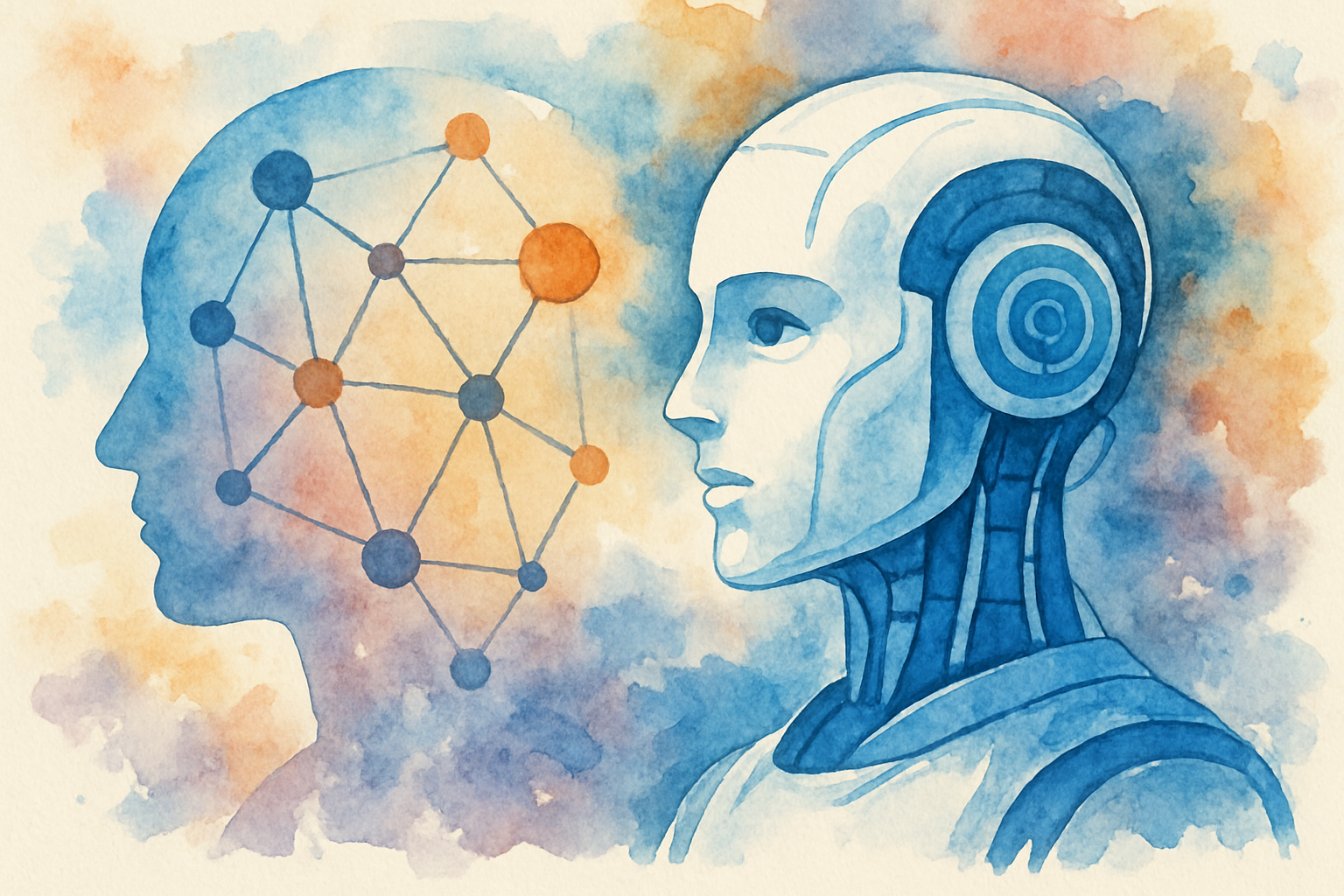Replace 100+ Manual Processes: One AI Agents Platform for Total Intelligent Automation
Enter the world of AI agent platforms, a groundbreaking technology that’s reshaping the way companies operate. These intelligent systems are not just tools; they’re digital workforce revolutionaries, capable of handling complex tasks with unprecedented efficiency and accuracy. With 85% of enterprises projected to use artificial intelligence agents in 2025, businesses that fail to adopt this technology risk being left behind in an increasingly automated marketplace.
As businesses grapple with increasing data volumes and the need for faster decision-making, AI agents platforms emerge as the beacon of hope.
In this comprehensive guide, we’ll dive deep into the world of AI agents platforms. We’ll explore their capabilities, benefits, implementation strategies, and the challenges you might face along the way. By the end, you’ll have a clear roadmap to harness the power of intelligent automation and propel your business into the future.
Understanding AI Agents Platforms: The Next Frontier in Business Technology
At its core, an AI agents platform is a sophisticated ecosystem of artificial intelligence-powered entities designed to perform tasks, make decisions, and interact with humans and other systems. Unlike traditional software, these platforms leverage advanced machine learning algorithms, natural language processing, and cognitive computing to adapt, learn, and improve over time.
Key Components of an AI Agents Platform
- Intelligent Agents: The workforce of the platform, capable of executing specific tasks or entire processes.
- Machine Learning Engine: Enables agents to learn from data and experiences, continuously improving their performance.
- Natural Language Processing: Allows agents to understand and communicate in human language.
- Integration Framework: Connects the platform with existing business systems and data sources.
- Analytics and Reporting: Provides insights into agent performance and business outcomes.
The global AI market is projected to reach $190.61 billion by 2025, with a CAGR of 36.62% from 2018 to 2025 (Source: MarketsandMarkets). This explosive growth is driven by the increasing adoption of AI agents platforms across various industries, from finance and healthcare to retail and manufacturing.
Transforming Business Operations with AI Agents Platforms
Implementing an AI agents platform can yield numerous benefits for organizations of all sizes. Let’s explore some of the key advantages:
1. Enhanced Efficiency and Productivity
AI agents can work 24/7 without fatigue, significantly reducing processing times and increasing overall productivity. They can handle repetitive tasks with precision, freeing up human employees to focus on more strategic, creative endeavors.
2. Improved Decision-Making
By analyzing vast amounts of data in real-time, AI agents can provide valuable insights and recommendations, enabling faster and more informed decision-making at all levels of the organization.
3. Personalized Customer Experiences
AI-powered chatbots and virtual assistants can deliver personalized, round-the-clock customer service, improving satisfaction and loyalty while reducing support costs.
4. Scalability and Flexibility
AI agents platforms can easily scale to meet changing business needs, handling increased workloads without the need for additional human resources.
Implementing an AI Agents Platform: A Step-by-Step Guide
Successfully integrating an AI agents platform into your business requires careful planning and execution. Follow these steps to ensure a smooth implementation:
1. Assess Your Needs and Goals
Begin by identifying the specific challenges you want to address and the objectives you aim to achieve with the AI agents platform. This will help you choose the right solution and set realistic expectations.
2. Choose the Right Platform
Research and evaluate different AI agents platforms based on your requirements, budget, and technical capabilities. Consider factors such as scalability, integration options, and vendor support.
3. Prepare Your Data and Infrastructure
Ensure your data is clean, structured, and accessible. Prepare your IT infrastructure to support the new platform, including necessary hardware and software upgrades.
4. Start with a Pilot Project
Begin with a small-scale implementation to test the platform’s capabilities and identify any potential issues. This allows for adjustments before a full-scale rollout.
5. Train Your Team
Provide comprehensive training to employees who will be working with or alongside the AI agents. This includes both technical training and change management to address any concerns about job displacement.
6. Monitor and Optimize
Continuously monitor the performance of your AI agents platform and gather feedback from users. Use this information to fine-tune the system and maximize its effectiveness.
Overcoming Challenges in AI Agents Platform Adoption
While the benefits of AI agents platforms are substantial, organizations may face several challenges during implementation:
1. Data Quality and Quantity
Challenge: AI agents require large amounts of high-quality data to function effectively.
Solution: Invest in data cleansing and enrichment processes. Implement robust data governance practices to ensure ongoing data quality.
2. Integration with Legacy Systems
Challenge: Connecting AI agents platforms with existing business systems can be complex.
Solution: Work with IT specialists to develop custom APIs or consider middleware solutions for seamless integration.
3. Employee Resistance
Challenge: Staff may fear job displacement or struggle to adapt to new technologies.
Solution: Communicate the benefits clearly, provide comprehensive training, and involve employees in the implementation process.
4. Ethical and Privacy Concerns
Challenge: AI agents may raise questions about data privacy and ethical decision-making.
Solution: Develop clear guidelines for AI usage, ensure transparency in AI decision-making processes, and comply with relevant data protection regulations.
Conclusion: Embracing the Future with AI Agents Platforms
The adoption of AI agents platforms represents a significant leap forward in business technology. By automating complex tasks, enhancing decision-making, and delivering personalized experiences, these intelligent systems have the power to transform organizations across industries.
As we’ve explored, implementing an AI agents platform requires careful planning and execution. However, the potential benefits – increased efficiency, improved customer satisfaction, and enhanced competitive advantage – far outweigh the challenges.
The time to act is now. Businesses that embrace AI agents platforms today will be better positioned to thrive in the increasingly digital and data-driven future. Don’t let your organization fall behind – take the first step towards intelligent automation and unlock new levels of success.
Ready to explore how an AI agents platform can revolutionize your business? Contact The Crunch today to schedule a free consultation and discover tailored solutions for your unique needs. Get your personalized proposal now!
Frequently Asked Questions
Q1: What industries can benefit most from AI agents platforms?
A1: While AI agents platforms can benefit virtually any industry, they are particularly impactful in finance, healthcare, retail, manufacturing, and customer service sectors.
Q2: How long does it typically take to implement an AI agents platform?
A2: Implementation timelines vary depending on the complexity of the system and the organization’s readiness. A basic setup can take a few weeks, while more comprehensive implementations may take several months.
Q3: Can AI agents platforms replace human workers?
A3: While AI agents can automate many tasks, they are designed to augment human capabilities rather than replace workers entirely. They often free up employees to focus on more strategic and creative tasks.
Q4: How secure are AI agents platforms?
A4: Reputable AI agents platforms incorporate robust security measures, including encryption, access controls, and compliance with data protection regulations. However, it’s crucial to conduct thorough security assessments and maintain best practices in cybersecurity.
Q5: What ongoing maintenance does an AI agents platform require?
A5: AI agents platforms require regular updates, performance monitoring, and occasional retraining of models to maintain optimal functionality. Many vendors offer ongoing support and maintenance services as part of their packages.

